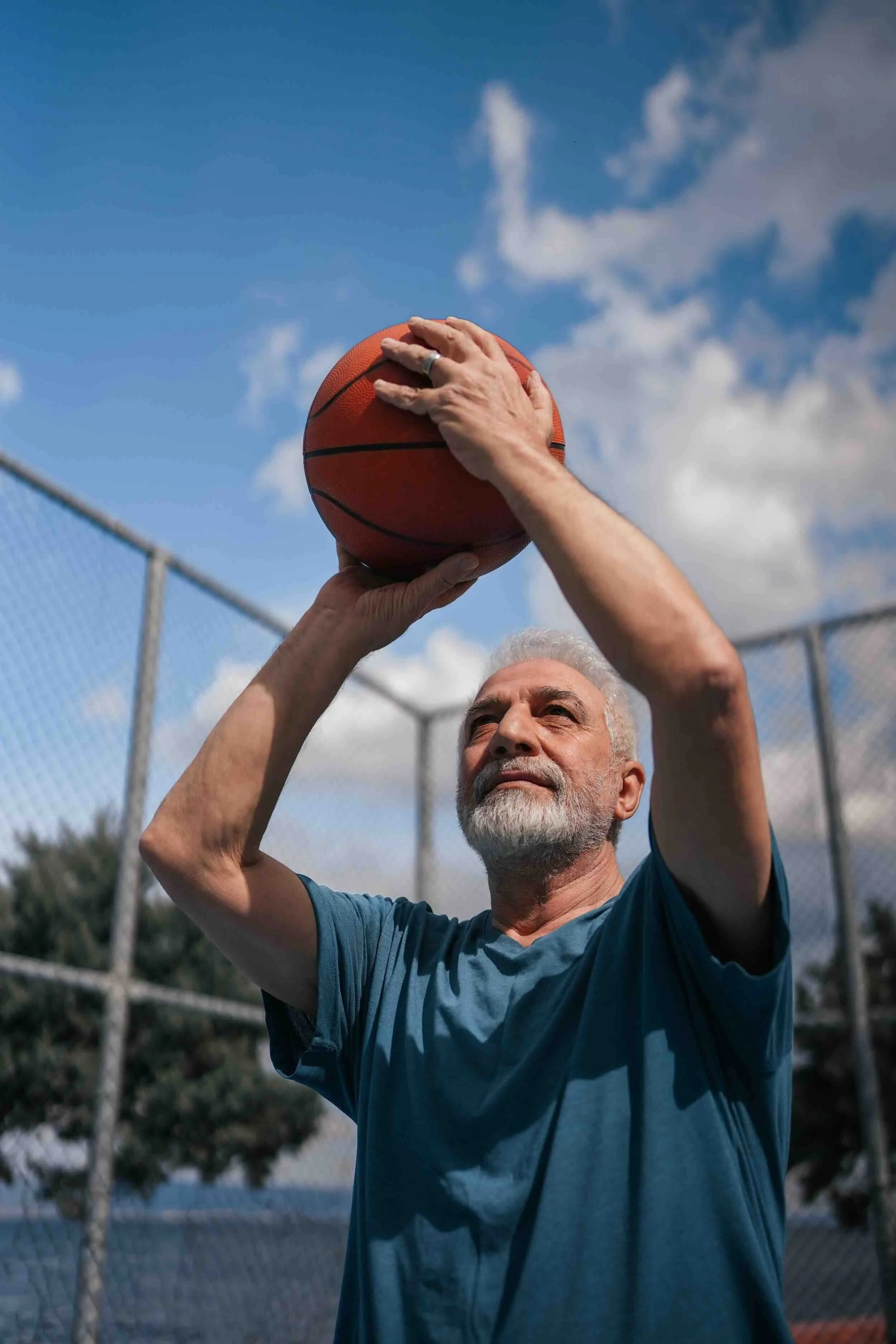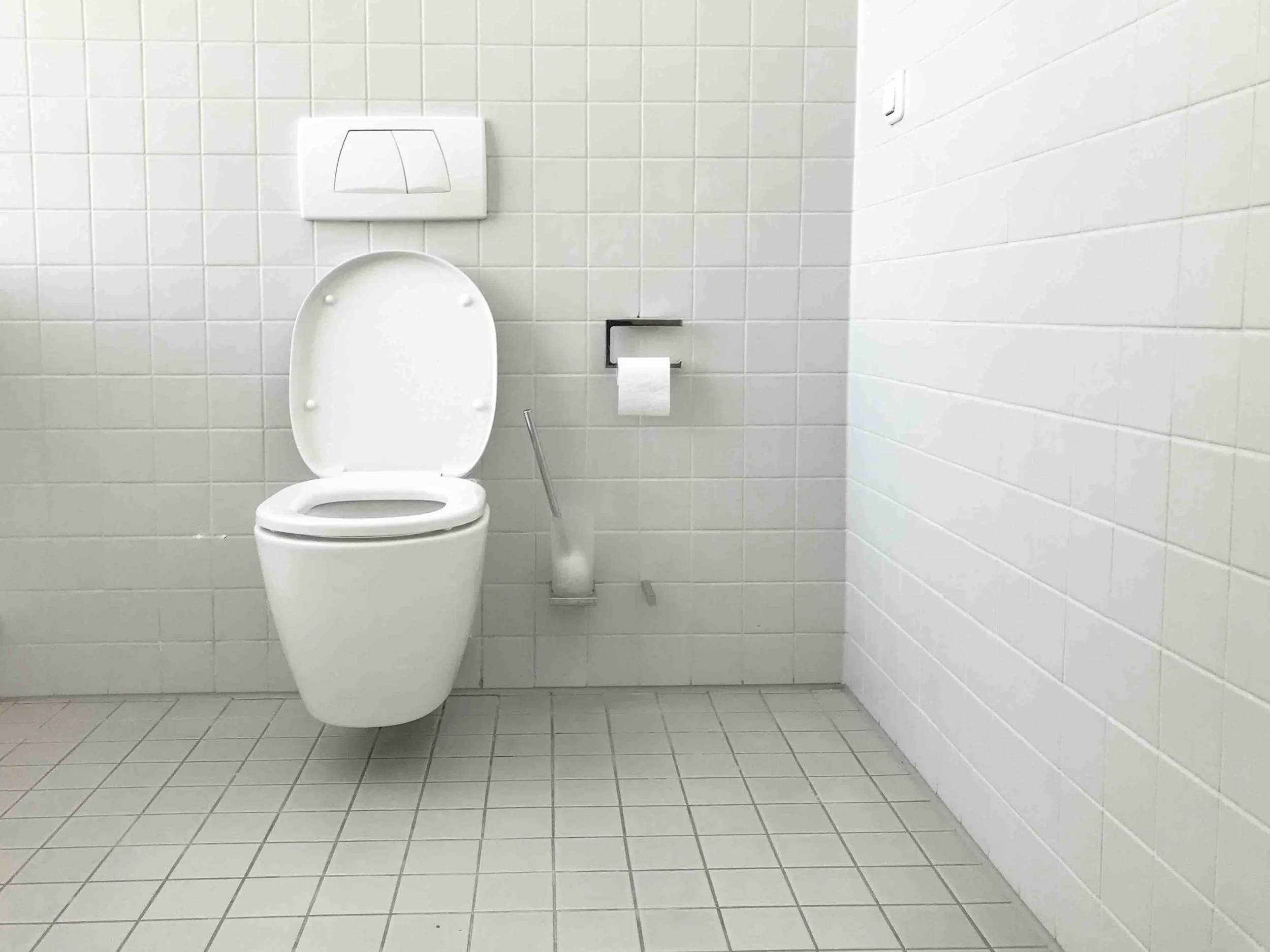
Parkinson’s Wellness Centre
Reduce reliance on unnecessary pharmaceuticals, slow disease progression and increase wellness with Functional Medicine.
Welcome to our Centre of Excellence for health & Wellness during any stage of Parkinson’s
What Causes Parkinson’s?
We’re passionate about advancing lifestyle research to better understand how Parkinson’s develops. We dive deep into the evidence, exploring links with specific foods, gut health, infections, and environmental toxins. Our commitment to uncovering the true causes empowers us with better tools for prevention and more effective disease management at every stage of Parkinson’s.
A Simplified Explanation of the Cause of Parkinson’s
A ‘Clogged up’ Brain.
In Parkinson’s Disease, proteins (alpha-synuclein) in the brain begin to fail doing their normal job, and instead of folding nicely and neatly like they are designed to, they ‘mis-fold’ and create clumps. These clumps then behave as though they are ‘toxic’ - which can begin to interfere with our nerve cells, choke and disrupt function, eventually triggering cell death.
These proteins are important, as they help our nerves in the brain to send the signal we need to operate as human beings. A few misguided cells are no issue - but if enough critical functionals fail the whole system starts to break down.
NeuroInflammation
Our immune system is our army against invaders. In the brain, we have a specially ‘trained’ squad (microglia), which patrols our brain for invaders, but also damage. Like all our immune system, this army can become an aggressor, but for the majority of the time, it needs to show ‘tolerance’. Invaders may be friendly and reside happily within our internal environment - where no aggression or escalation is necessary. Presenting with tolerance versus attack can be a fine line, and chronic stress, chronic infection elsewhere in the body may trigger the immune system to act. Interestingly, we’re exposed to and often experience significant challenge by bacteria elsewhere in the body, such as in the mouth, in the gut and even the bladder. Research into how this connects with our immune system and brain is ongoing, but at early stages.
Our immune system is highly complex, but it’s armoury surprisingly simple: Fire and aim, releasing chemicals and breaking up (by engulfing) the enemy. However, when this is approach is aimed at our own tissue, perhaps as an attempt to fix an issue of which they don’t quite have the right armoury for, damage and destruction occurs. This creates inflammation that burns and smoulders for years, prior to symptoms - and long before your diagnosis.
Our Focus
Our focus is on lifestyle interventions and prevention, with therapies that safeguards health generally, and in particularly in areas that we know have a direct connection with what occurs in our neuron’s and brain proteins.
We hope to boosts the brain’s ability to prevent and clear out early default function, before more severe and irreversible damage sets in.
Our objective is to reduce chronic inflammation body wide, and locate sources of infection or toxins early to help calm the immune system and protect the brain.
Nutrition Support in Dysphagia
-
Adapting diet and fluids to continue to be nutritious beyond dysphagia is absolutely vital to sustain nerve and brain health.
We have a range of tasty, chewy vitamin supplements to hand for where eating is hard.
-
It’s critical to target your nutrition to you:
Where are your nutritional gaps, what in your diet could be making your symptoms worse, and where do you need to focus your efforts the most.
Avoiding Laxatives in Constipation
-
Diet and Hydration is so key, that' we’ll do a thorough review to see what may be making things worse, and what we can do to improve the situation.
-
Whilst you can absolutely take laxatives alongside our nutrition and more natural approach, we always strive to keep any unnecessary pharma out, to reduce the amount of side effects and building up tolerance.
We often use more natural laxatives (they are still laxatives) that often tend to be gentler and more effective.
Managing Sleep & Fatigue
-
Preserving sleep is paramount to health. Research has shown how brains need sleep to heal and regenerate.
The state of our general health can really impact sleep, and sleep issues are an epidemic.
We find that reducing the toxic load, enhance clearance of toxins, and managing neurotransmitters and diet can be helpful in improving sleep.
-
Of course we need sleep to have energy and so we always start there, but nutrition also needs to be right.
If you’re low in some vitamins, you can feel exhausted and very drained!
We start our client’s off with nutrient screens.
Our Unique Whole-Body Approach
Understand and assess underlying imbalances impacting your mind and brain.
Balance blood sugar to improve concentration, happiness, joy and motivation. Sugar is an irritant to the body with a strong effect on the mind and brain.
Identify and plug any nutritional gaps that safeguards your disease resilience
Manage your constipation to reduce reliance on laxatives.
Reduce and assess a range of causes that drive and trigger chronic inflammation.
Balance your brain chemicals (neurotransmitters) to feel more confident and sociable.
Balance oral health with natural remedies
We’re dedicated to researching the causes of Parkinson’s
While we may never fully understand what causes Parkinson’s, research has uncovered several connections with lifestyle, gut health, genetics and more. Here, we aim to disseminate this research, with the aim of translating the findings into practical recommendations, to empower those living with Parkinson’s.
This is a developing page, so please check back, or sign up to receive new articles.








Discover this #1 food to avoid for Parkinson’s tremors and simple swaps to support your nervous system naturally.